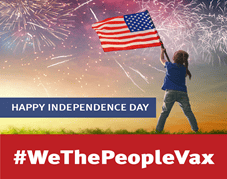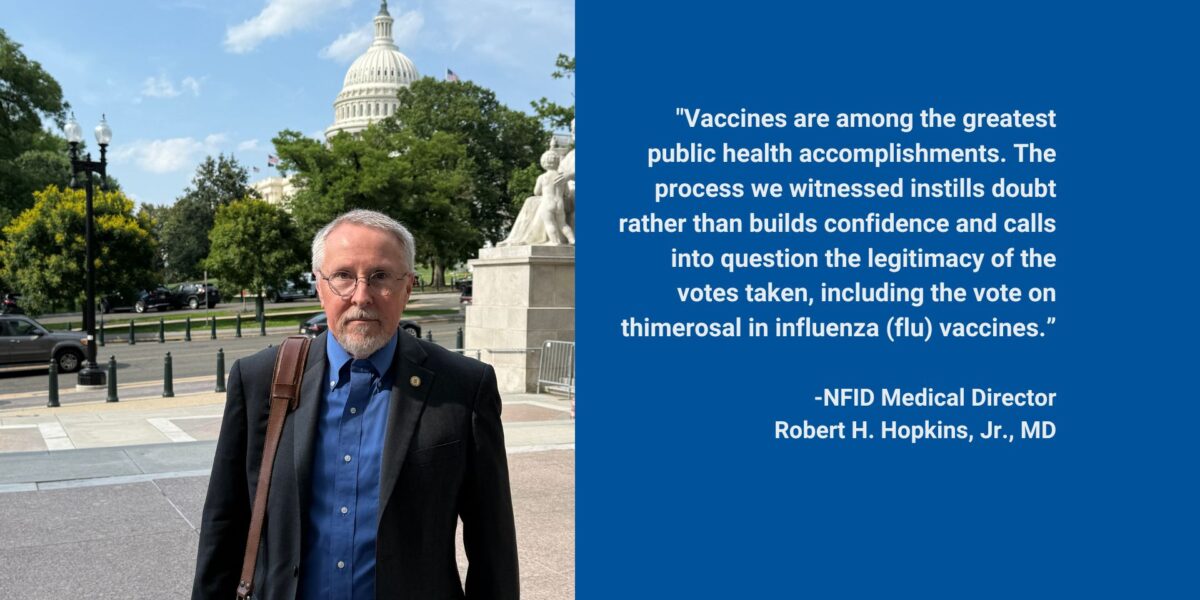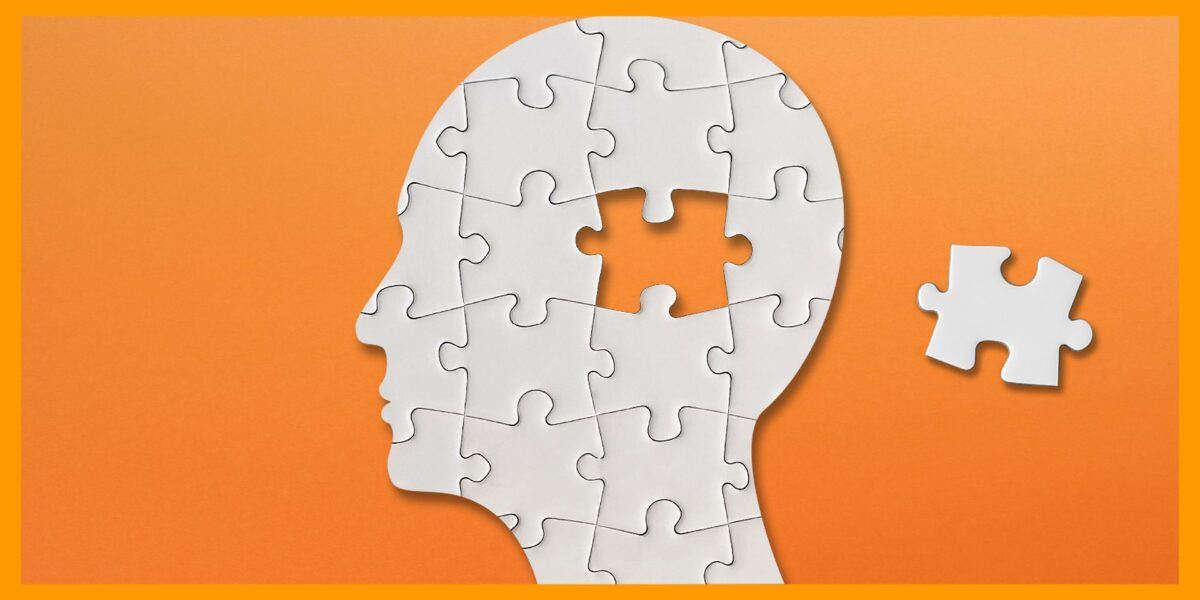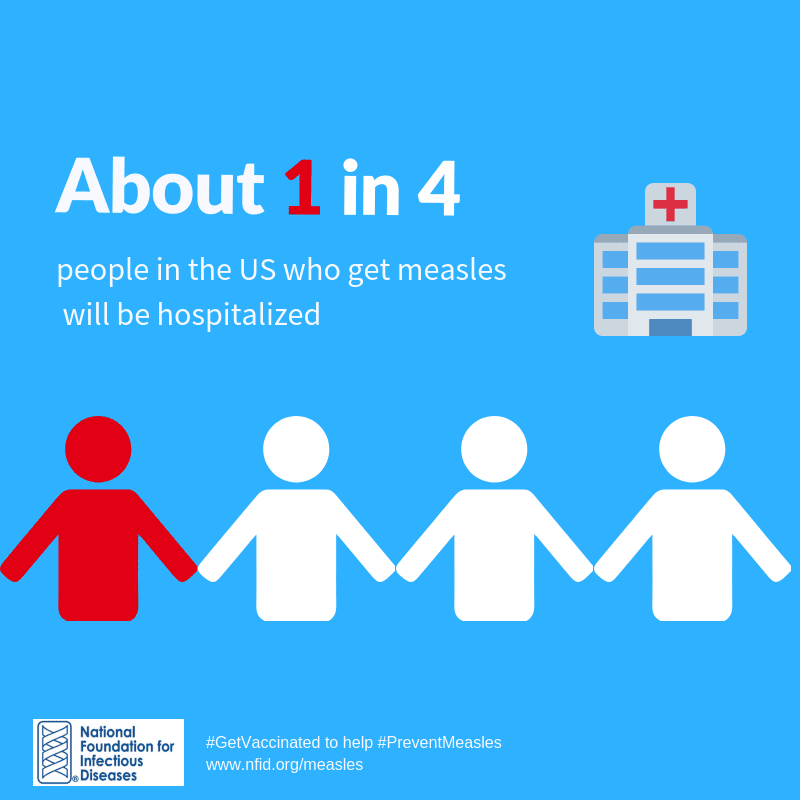
 In honor of Independence Day, the National Foundation for Infectious Diseases (NFID) is celebrating the right of all individuals to be free of vaccine-preventable diseases. Vaccines are unique among medical interventions because they protect not only the individual who is vaccinated, but also the community in which that individual lives. The 4th of July is a perfect time to reflect on independence and the top 10 reasons to get vaccinated…
In honor of Independence Day, the National Foundation for Infectious Diseases (NFID) is celebrating the right of all individuals to be free of vaccine-preventable diseases. Vaccines are unique among medical interventions because they protect not only the individual who is vaccinated, but also the community in which that individual lives. The 4th of July is a perfect time to reflect on independence and the top 10 reasons to get vaccinated…
- Vaccine-preventable diseases have not gone away
The ongoing measles outbreak has demonstrated this fact all too well—the viruses and bacteria that cause vaccine-preventable diseases still exist and can be passed on to those who are not protected by vaccines. At a time when people can travel across the globe in just one day, it is not difficult to see how easily diseases can travel too.
- Vaccines help keep you healthy
The Centers for Disease Control and Prevention (CDC) recommends vaccinations from birth through adulthood to provide a lifetime of protection from diseases and infections such as influenza (flu), pneumococcal disease, human papillomavirus (HPV), and hepatitis B. Yet many individuals are not vaccinated as recommended, leaving them unnecessarily vulnerable to illness and long-term suffering.
- Vaccines are as important to your overall health as diet and exercise
Like eating right, exercising, and getting regular screenings for diseases such as colon and breast cancer, vaccines can play a vital role in keeping you healthy—especially if you have a chronic health condition like asthma or diabetes. Vaccines are one of the most effective and safest preventive care measures available.
- Vaccination can mean the difference between life and death
In the US, vaccine-preventable infections kill more individuals annually than HIV/AIDS, breast cancer, or traffic accidents. Approximately 50,000 adults die each year from vaccine-preventable diseases in the US. Measles, for example, can be very serious: 1 or 2 out of 1,000 people with measles will die, even with the best care.
- Vaccines are safe and effective
Vaccines are among the safest medical interventions available and can help prevent the physical suffering and long-term complications often associated with infectious diseases. The potential risks associated with the diseases that vaccines prevent are much greater than the potential risks from the vaccines themselves.
- Vaccines will not give you the disease they are designed to prevent
You cannot “catch” the disease from the vaccine. Some vaccines contain “killed” virus, and it is impossible to get the disease from them. Others have live, but weakened, viruses designed to ensure that you cannot catch the disease from the vaccine.
- Young and healthy people can get very sick, too
Infants and adults age 65 years and older are at greater risk for serious infections and complications, but vaccine-preventable diseases can strike anyone. If you are young and healthy, getting vaccinated can help you stay that way.
- Vaccine-preventable diseases are expensive
Diseases not only have a direct impact on individuals and their families, but also carry a high price tag for society as a whole, exceeding $10 billion per year in direct and indirect costs. An average influenza illness can last up to 15 days, typically with five or six missed work days.
- When you get sick, your children, grandchildren, and parents may also be at risk
A vaccine-preventable disease that might make you sick for a week or two could prove deadly for your children, grandchildren, or parents if it spreads to them. In general, vaccine-preventable disease are more serious for the very young and the very old. So when you get vaccinated to protect yourself, you are protecting your family as well.
- Your family and co-workers need you
Each year, millions of adults get sick from vaccine-preventable diseases, causing them to miss work and leaving them unable to care for those who depend on them, including their children and/or aging parents.
Fortunately, vaccines can help protect you from many preventable diseases. Visit the NFID website to learn which vaccines you and your family may need.
To learn more about the use of vaccines in clinical practice, plan to attend the NFID Clinical Vaccinology Course on November 16-17, 2019 in Washington, DC.
To join the conversation and get the latest news on infectious diseases, follow NFID on Twitter, using the hashtag #GetVaccinated, like us on Facebook, follow us on Instagram, join the NFID Linkedin Group, and subscribe to NFID Updates.
Related Posts

Flawed ACIP Process Leads to Confusion and Distrust
Public health experts and leading healthcare professionals share concerns regarding the June 2025 Advisory Committee on Immunization Practices (ACIP) meeting on US immunization policy …

Empowering Men to Prioritize Health
Staying up to date on all recommended vaccines and taking other steps to prevent illness helps ensure men are ready for what matters most—showing up for loved ones or simply enjoying life …

Autism and Vaccines: What the Science Really Says
Progress is being made in the search for the causes of autism, and this information may be valuable for families who are hesitant about vaccines

